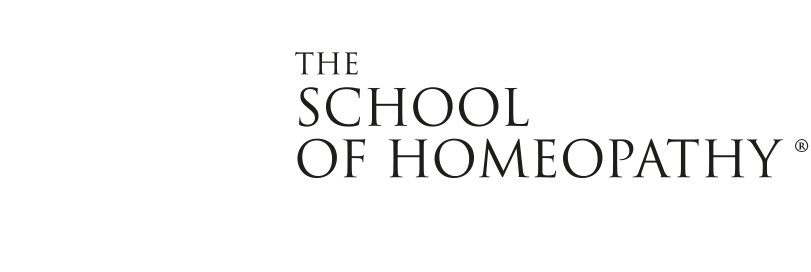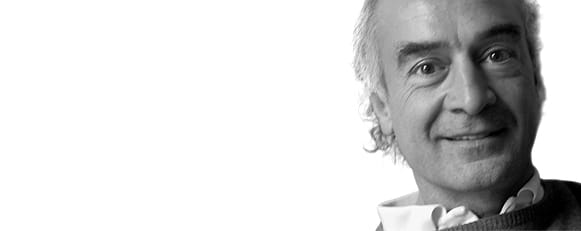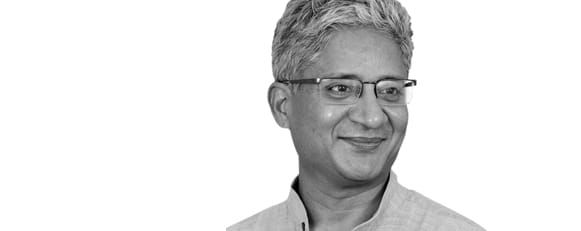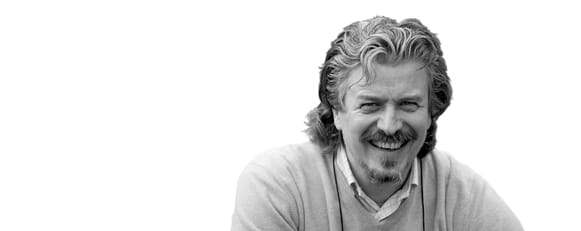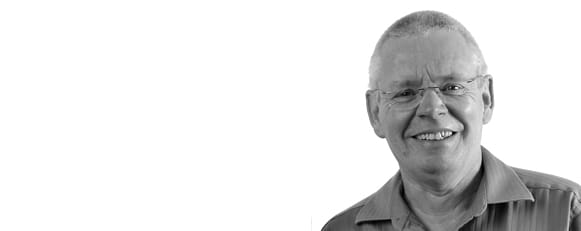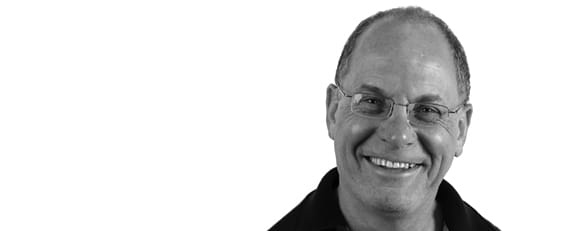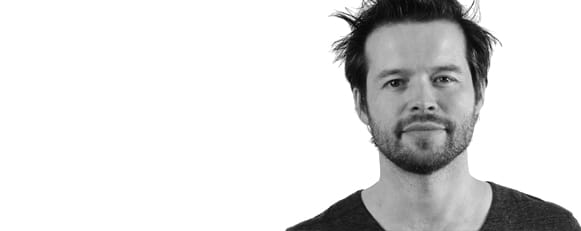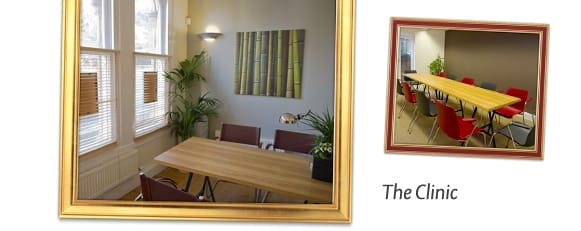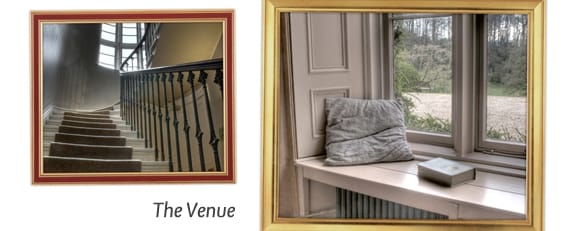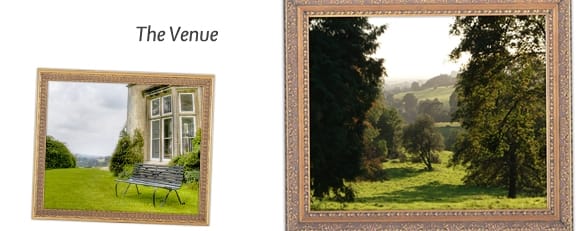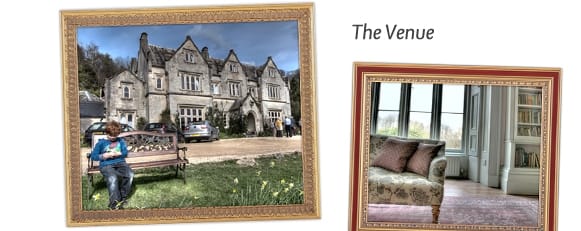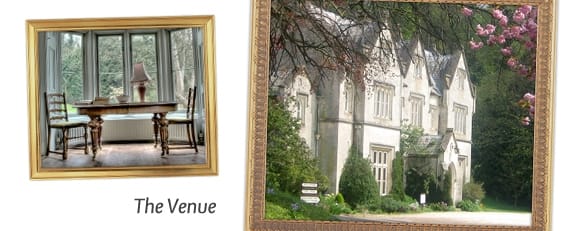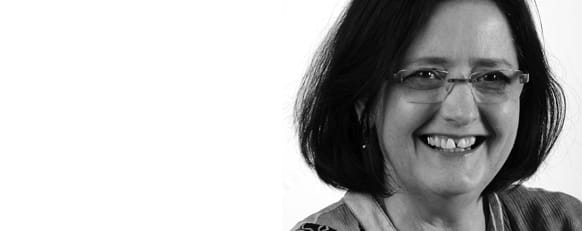
Like cures like
“By similar things a disease is produced and through the application of the like is cured”. Hippocrates (460-377 BC), ‘Father of Medicine’.
According to homeopathic understanding, that which a substance is capable of causing, it is also capable of curing.
The name homeopathy, coined by its originator Samuel Hahnemann, is derived from the Greek words for ‘similar suffering’ referring to the ‘like cures like’ principle of healing. ‘Like cures like’ can be looked at in several ways. One way is to assume that the body knows what it is doing and that symptoms are its way of taking action to overcome illness. This healing response is automatic in living organisms; we call it the ‘vital response’. The similar medicine acts as a stimulus to the natural vital response, giving it the encouragement it needs to complete its healing work. Since the initial action of the vital response plus the medicine is to increase the strength of the symptoms, this is our first indication of internal healing taking place, of diseases being cured from within – pushed outwards along established routes of past and present symptoms.
Before the medicines can be prescribed, their curative powers are discovered by testing them out on healthy human subjects and carefully noting emotional, mental and physical changes. This is called a ‘proving’. This information constitutes the basis for ‘like cures like’, for a medicine’s unique symptom picture must match an individual’s unique expression of illness, that is, the present and persisting symptoms of disease.
We can also understand the law of similars in terms of homeodynamis - the body’s way of maintaining health. When a person becomes ill there is an imbalance; for example if you had a fright one night and the next few evenings you had insomnia this could be considered normal as you adjust and return to health. If the insomnia continues, however, then homeodynamis has not taken place and you have become stuck, you are not in the flow of life. Health is characterised by a flow of vitality.

The administration of a potentised, homeopathic medicine gently exaggerates the ‘stuck’ symptoms thus triggering the healing response. Conventional western medicines suppress symptoms, masking them, and this is why you often have to stay on drugs for a long time or find your symptoms return when you come off the drugs. Homeopaths do not suppress symptoms. When the symptoms of insomnia appear and stay, this means the homeodynamic action has become stuck. The appropriate homeopathic medicine will stimulate the body into action again. Patients will often experience a small and temporary ‘aggravation’ in the symptoms as the vitality is energized into action to overcome the stasis. Now the self-healing power is re-established and the flow of vitality continues again.
This healing is more than just treating symptoms, it is inspirational and it has become an everyday part of my life.
Bill, Student
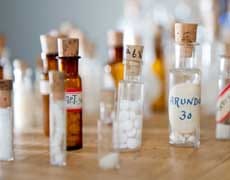
200 years of heritage and refinement
Homeopathy is a system of natural medicine that has been in use worldwide for over 200 years. It has been available on the NHS since its inception in 1948. The name homeopathy, coined by its originator, Dr Samuel Hahnemann, is derived from the Greek words for ‘similar suffering’ referring to the ‘like cures like’ principle of healing. He was born in Germany 250 years ago.
